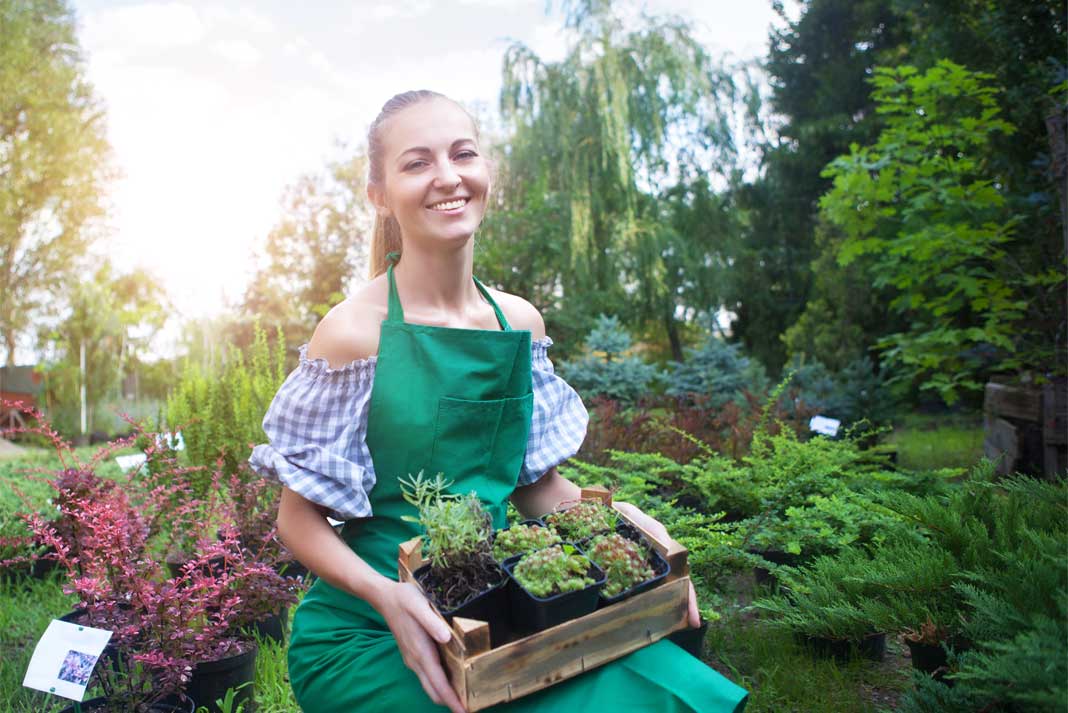Every garden is unique, with specific needs based on factors like plant type, soil composition, and local climate. Understanding these variables is crucial for creating an effective irrigation plan that keeps your plants healthy during the hottest months.
Assess Your Garden’s Water Needs
Different plants have varying water requirements. For example, succulents thrive with less water in dry conditions, whereas vegetables and flowering plants usually need more frequent watering. By evaluating your garden’s specific environment, you’ll be better equipped to adjust your irrigation strategies accordingly.
Select the Ideal Irrigation System
Choosing the right irrigation system is key for efficient water usage and maintaining a lush yard. Most homeowners choose between the following options:
- Drip Irrigation Systems: Perfect for gardens with diverse plant types, these systems deliver water directly to the roots, minimizing evaporation and runoff.
- Sprinkler Systems: Ideal for large lawns, these systems cover extensive areas quickly and efficiently.
- Soaker Hoses: Offering a gradual water supply, soaker hoses reduce water waste and strike a balance between efficiency and coverage.
Optimize Watering Schedules
Timing is critical when watering your garden. The best times to water are early morning or late evening when temperatures are cooler and evaporation is minimized, ensuring more water reaches plant roots. Be mindful of watering frequency and duration to prevent overwatering, which can lead to root diseases, and underwatering, which makes plants more susceptible to pests.
Continuously Monitor and Adjust
Observe your garden for signs of overwatering or underwatering, such as wilting, yellowing leaves, or dry soil. Adjust your irrigation schedule and settings in response to these signs and changing weather conditions. Smart irrigation controllers and soil moisture sensors can automate watering schedules and adjust them based on real-time data, helping conserve water and promote healthy plant growth all summer long.
For additional insights on maintaining a thriving lawn and garden, visit eLivingtoday.com.
Garden’s Note: Key Points & Q&A
Q: How can I determine the specific irrigation needs of my garden?
A: Assess your garden by considering factors such as plant type, local climate, and soil composition. This will guide you in tailoring your irrigation practices.
Q: Why is timing important when watering?
A: Watering early in the morning or late in the evening minimizes evaporation, ensuring more water reaches your plants’ roots.
Q: Which irrigation system suits a garden with varied plant types?
A:Drip Irrigation Systemsare ideal as they deliver water directly to the roots, reducing waste.
Q: How can I automate my irrigation schedule?
A: Use smart irrigation controllers and soil moisture sensors to automate and adjust watering schedules based on real-time garden conditions.
With these smart irrigation tips, you can keep your garden thriving all summer long!

